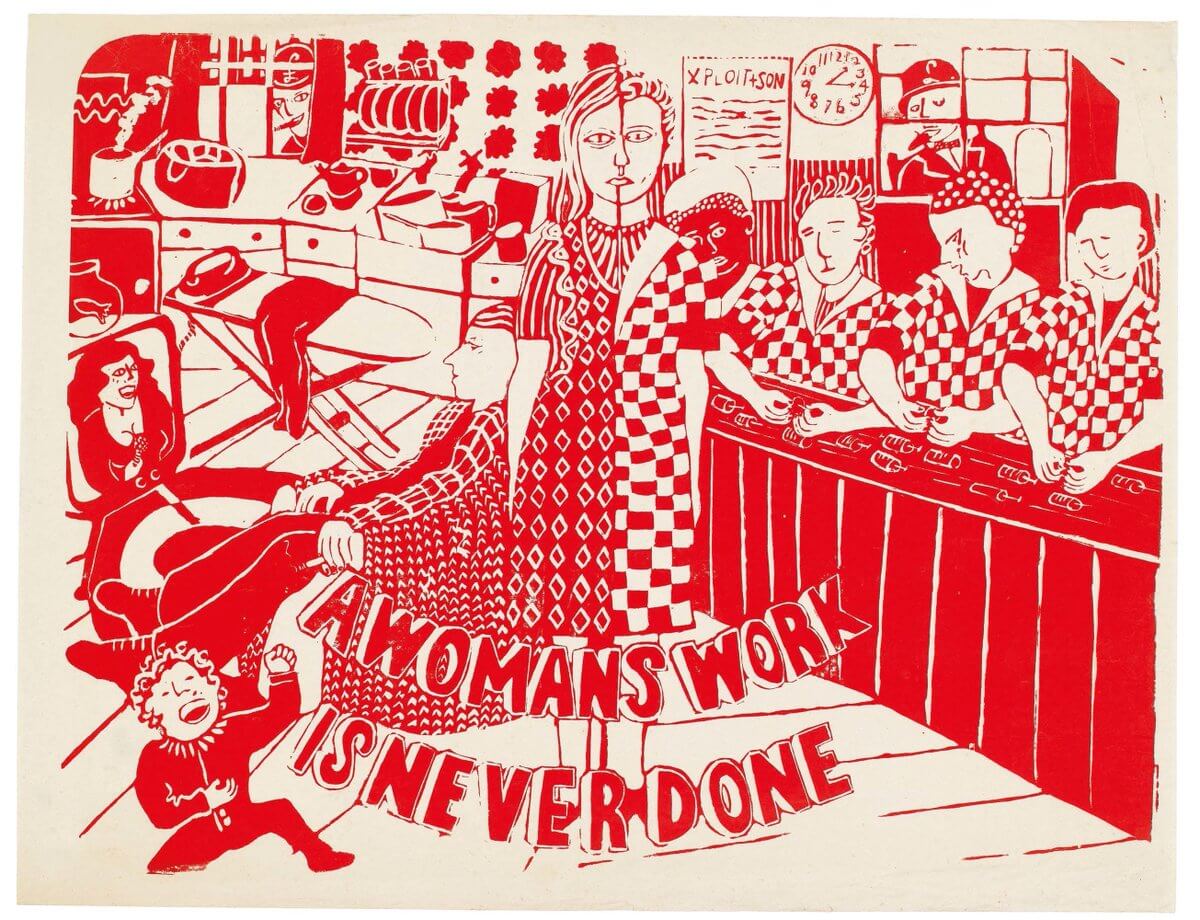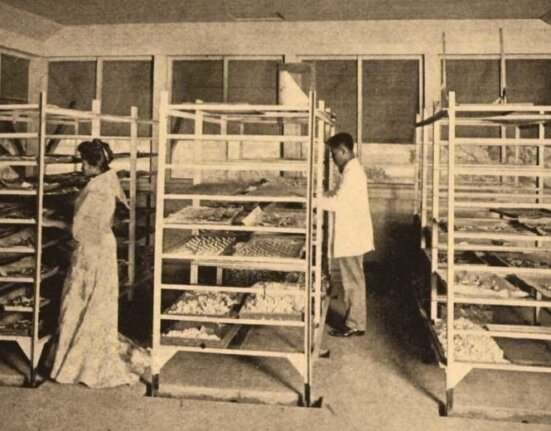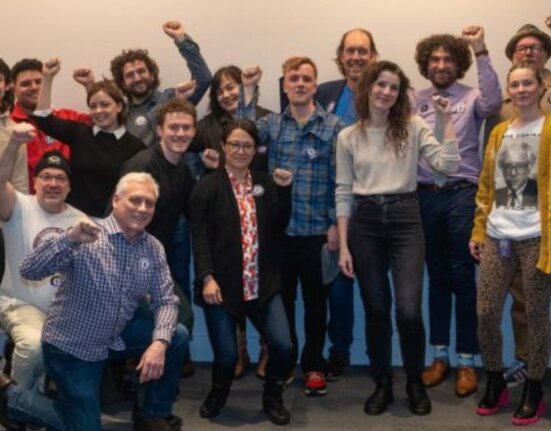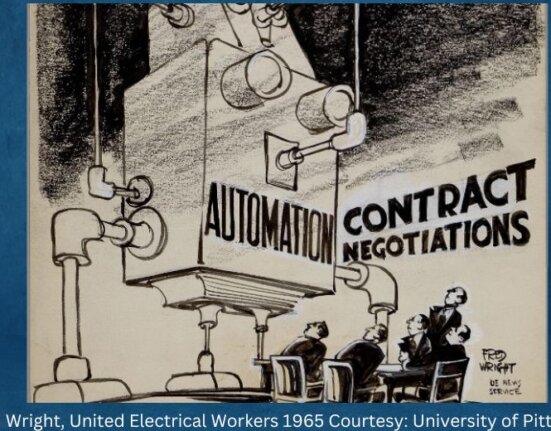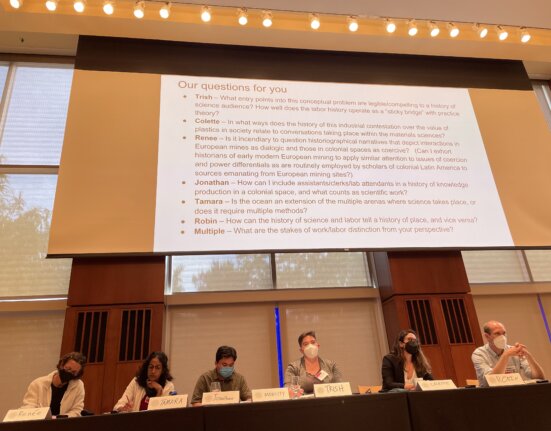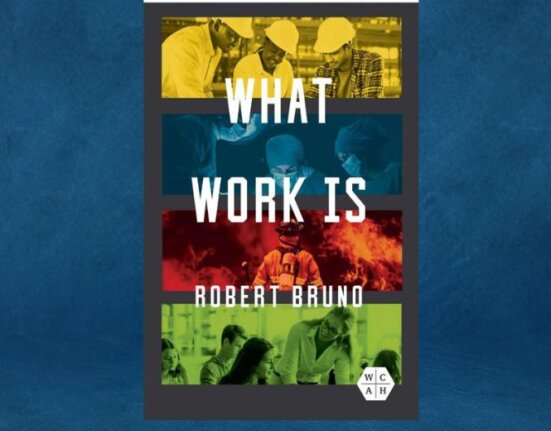Ed: This is one of a series of conference notes from the recent LAWCHA conference. If you have reflections from one of the panels or plenaries, please send them along.
The LAWCHA conference roundtable, “Social Reproduction as a Category for Labor History,” was a well-attended interactive discussion of the past, present, and future of social reproduction within labor history. Two themes emerged from the discussion. First, social reproduction and reproductive labor are at the center of a matrix of imperialism, white supremacy, and sexism. Alina Mendez suggested that a better understanding of social reproduction will also produce insight into how these processes reinforce each other. Second, social reproduction is about power. It is about which people can be compelled to do which labor. According to Eileen Boris, “social reproduction is the struggle over the making of people.” The sites of this struggle to make people are layered: institutions like the United Nations and the International Labor Organization are implicated within it, but so are labor unions, NGOs, grassroots organizations, and activists.
Knowing this, how should labor historians approach social reproduction? Lisa Levenstein offered an anecdote about a woman she interviewed while researching her current book project. This woman worked on policy at the United Nations and community-level activism simultaneously. Levenstein suggested that a multi-sited and multi-scaled approach is methodologically useful for historians working with social reproduction because social reproduction is the multi-sited struggle to influence social structure. Similarly, Jocelyn Olcott urged scholars to investigate unwaged women’s social reproduction work with the same rigor that they would men’s waged labor. In doing so, Olcott argues, historians will bridge methodological gaps that reduce social reproduction only to women’s work inside the home. It will also, the panel contended, center the ways that social reproduction is gendered and embedded in imperialism, white supremacy, and sexism.
Caroline Propersi-Grossman is a PhD Candidate at Stony Brook University (SUNY) whose dissertation focuses on negotiations of gender, race, and class within labor unions in New York City’s entertainment industry. Twitter @carolinecprogro

